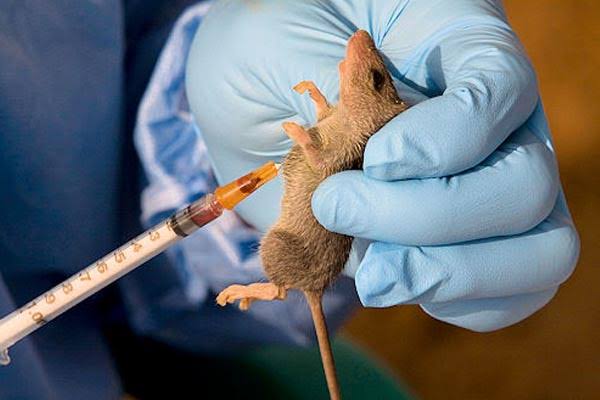No fewer than 63 people have been placed under close monitoring by Lagos state government after recording the first case of the disease in the state.
Akin Abayomi, the state commissioner for health, disclosed this on Wednesday, February 19.
Abayomi said the first patient of the fever in the state has been isolated at the Lagos University Teaching Hospital, Idi-Araba.
He said: “We have identified 63 of the persons he may have been in contact with since his arrival from Ebonyi State into Lagos, Lagos Law School, the Nigeria Air Force Clinic and LUTH.
“They are being monitored. If they develop any symptom of Lassa fever, we will pick them up early and isolate them so that we can break the cycle of transmission.”
Explaining how the patient was identified, Abayomi said, the young man was suspected to have Lassa fever based on his point of origin and his non-response to standard treatment for malaria and typhoid fever.
According to him, “His destination was the Lagos Law School where he was quickly attended to at the clinic but was not getting well after being treated for malaria.
“He was then referred to the Nigeria Air Force Clinic, Onikan, where he was managed further and was referred to LUTH when there was no improvement.
“The test was confirmed as positive on February 17, 2020, and he was immediately transferred to the isolation containment facility in LUTH.”
Earlier, The Herald reported that Lagos state recorded its first case of Lassa fever since the outbreak of the disease in the country.
Lassa fever, a hemorrhagic fever, caused by the Lassa virus, is currently raging in over 19 states in the country.
Professor Akin Abayomi, Lagos state commissioner for health, in a statement sent to journalists on Wednesday, February 19 confirmed that the patient is currently in isolation at the Lagos University Teaching Hospital.
He called on residents to be calm and not panic, noting that the situation is under control while assuring that the state government, in collaboration with federal authorities, will do everything possible to control the spread of the disease in the state.
He stressed the need for members of the public to ensure and maintain adequate personal hygiene and environmental sanitation at all times as part of prevention and control measures against the spread of the disease in the state.

